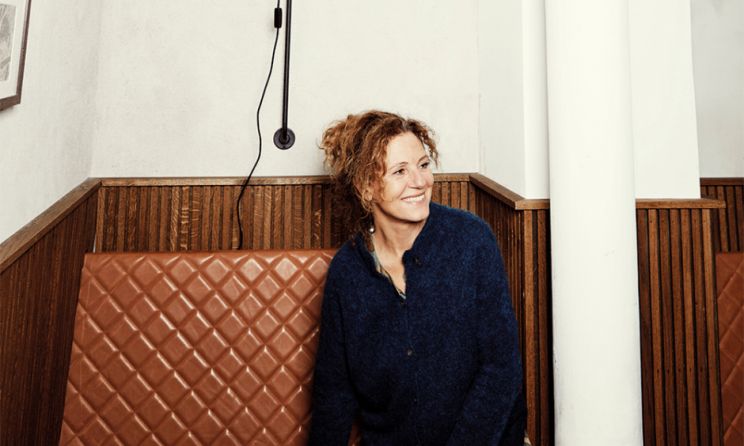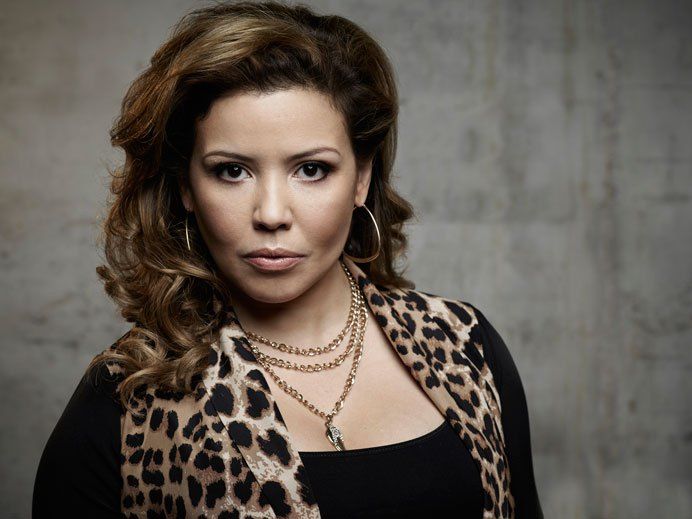Table Of Content
At first glance, the claim appears to be preposterous—it cannot be mere coincidence that he should turn up just as the all-important wedding is about to commence—and Margrete believes that he's an imposter. However, other people in power are convinced the newcomer is actually who he says he is, threatening to throw both the wedding and the fragile alliance between the countries into doubt. When Margrete learns that no one actually saw Oluf’s body after his alleged death, she's forced to confront the possibility that his story is true. With only a few days before everything that she has worked for collapses around her, Margrete sends off a couple of trusted advisors to look into the story and does some nosing around on her own. Meanwhile, the increasingly frustrated Erik lets power go to his head and finds himself unwittingly being manipulated by a number of people who wish to seize control for themselves. Over the following days, Margrete finds herself faced with a horrible dilemma.
Early life and education
It’s a sequence that, along with the portrayal of the dignified Queen, proudly locates a precursor to the region’s modern-day reputation for progressiveness in terms of gender equality and women’s rights, all the way back in the 14th century. During the feast to welcome the English party to Kalmar, the Norwegian magnate Asle Jonsson tells Margrete that en route to Kalmar he met a man who had come from Graudenz (in Prussia) and claims to be Oluf, Margrete's son. Oluf had as a child been king of both Denmark and Norway, but had died suddenly at Falsterbo fifteen years previously (i.e. in 1387).

‘Margrete – Queen of the North’ Teaser, Poster Unveiled by REinvent, SF Studios (EXCLUSIVE)
It is implied that, with Scandinavian unity restored, the Teutonic Order calls off its planned invasion. Margrete eventually has a flash of inspiration and realises that the Man from Graudenz's story about an attempt on his life might be the root of the rumours that she had her son killed. She never gave any such order, and there is only one other person who would have had the authority to do so in her stead. She confronts Peder, who admits that he ordered Oluf's retainer to murder him and explains that he acted for the greater good, as Oluf would never have been an acceptable ruler for the Swedes in the way Margrete has been. It was therefore necessary to get rid of Oluf so that Margrete could retain power in Denmark-Norway and then take control of Sweden as well, thereby completing the Kalmar Union and finally bringing peace to Scandinavia.
Latest Movies
As an adult I’ve thought about the usefulness of a monarchy in a modern age, if any. But on New Year’s Eve, when the queen reads her annual speech, I am moved. That Margrete I was a uniting force is beyond doubt, but our Margrete II is also someone we can gather around, an important part of our collective identity as Danes and something that tells us who we are.
However, just as Margrete is about to slip out of the castle to rendezvous with Oluf and Asle, Jakob Nilsson arrives to see her, newly returned from his escapade in Prussia. Realising that Scandinavian unity is more important in the face of the Teutonic threat than her personal feelings, Margrete betrays Oluf, who is quickly recaptured by Erik's men. Margrete manages to persuade Erik to spare Asle, but Oluf is publicly burned alive as a traitor in front of his mother.

Featured
We’d go out to buy takeaway and then go back to the basement of the hotel where we were allowed to eat together, and it made it special. I agree with your thought that it’s a place we need to go, to be there together and build a strong spirit, so we can be strong spiritual people. Otherwise, it’ll be two dimensional and that’s very sad. But the queen’s gambit is derailed with the arrival of a man (Jakob Oftebro) claiming to be her biological son, Olaf, believed to have died 15 years earlier. Margrete (masterfully portrayed by Trine Dyrholm), who reigned from the late 1380s until her death in 1412, was known as a wise and just leader who pulled off what her male counterparts couldn’t — the establishment of a long-lasting peaceful alliance between Denmark, Norway and Sweden. The Times is committed to reviewing theatrical film releases during the COVID-19 pandemic.
If we think about being together, and holding onto our differences, but at least helping each other, instead of the opposite, it’s a powerful thought. Still, you have chosen Haugesund for the world premiere. Because this thoroughly Scandinavian story needs a thoroughly Scandinavian place of unveiling. When we were offered this opportunity, I just said yes, that’s it!
It’s now more important than ever because we’re more lonely now than ever. Stories and characters can invite an audience into a moment, to encounter things that we can’t talk about, and maybe we don’t understand, but we can recognise them and feel that we’re not alone in carrying them. It’s important that art is about carrying it together, about understanding and recognising moments that we can’t talk about, and therefore we have art to discuss these issues. Additionally, this is the first real gala premiere since before Covid.
Nordic Film Market at Goteborg: Hans Petter Moland, Runar Runarsson, Charlotte Sieling, Daniel Espinosa, Klaus Haro Make the Cut (EXCLUSIVE) - Variety
Nordic Film Market at Goteborg: Hans Petter Moland, Runar Runarsson, Charlotte Sieling, Daniel Espinosa, Klaus Haro Make the Cut (EXCLUSIVE).
Posted: Mon, 15 Jan 2024 08:00:00 GMT [source]
Similar Movies
At the time he had been seventeen years old, just about to come of age and take over rule of the two kingdoms from his mother, and ever since the queen's enemies have spread dark rumours that she had him murdered in order to retain power herself. Margrete assures Asle that her son is dead, but he insists that he recognises the man as Oluf. This incendiary news quickly spreads, and so Margrete orders Asle to bring the man to Kalmar so that the matter can be put to rest. Meanwhile, Margrete grows suspicious of Raberlin, a German merchant present at the feast, and orders her Swedish retainer Jakob Nilsson to follow him when he returns to Prussia. It was for the bigger cause, our film, and all the actors said yes to being there for five weeks, even if they were shooting for five or nine days, which isn’t normal. You usually go back and forth, but we talked about political issues and shared personal things, and it made a strong impact on all of us who were part of this film.
A favorite of directors Thomas Vinterberg and Susanne Bier, Dyrholm invests Margrete with the measured stoicism of a Dame Judi Dench and the guarded compassion of a Meryl Streep, to compelling effect. In a bid to shore up protection of the Nordic Union against threatening German hostility, Margrete has been brokering the marriage between her adopted son, King Erik (Morten Hee Andersen) and Philippa, daughter of English King Henry IV. Sieling co-wrote the script with Jesper Fink (“Before the Frost”) and Maya Ilsøe (“The Legacy”). The film was co-produced by Filmkameratene (Norway), Truenorth (Iceland), Sirena Film (Czech Republic) and Film i Väst (Sweden), with support from the Danish Film Institute, TV 2, Swedish Film Institute, Norwegian Film Institute, Icelandic Film Centre, among others.
The film will start shooting on March 2, with a premiere planned for spring 2021. REinvent Studios handles sales, as part of its new pact with SF Studios. The Danish actress plays Margrete I, who gathered Denmark, Norway and Sweden into a peace-oriented union. She began her career as an actress from the Statens Teaterskole in 1985. Sieling worked from 1985 to 1994 as an actor at various theatres, from the experimental stage to the Royal Theatre.
The world is now in total chaos, and we sit in our different countries and we’re nervous about what’s happening, and maybe we’re going back to isolation. We can sit here and talk on zoom, and watch a lot of films on the computer. What we need to do is to communicate, share, reflect and understand what life is about.
No comments:
Post a Comment